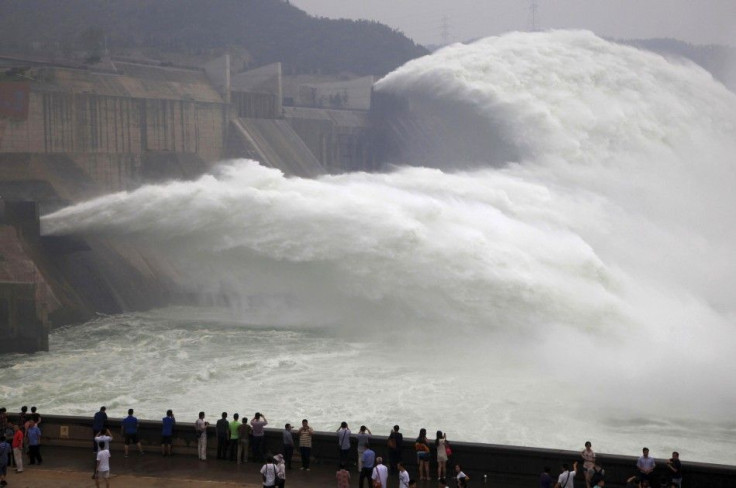BC Thumbs Up Controversial Hydroelectric Dam, First Nations Vow To Go To Court

The government of Canada's British Columbia has thumbed up the construction of a controversial hydroelectric dam, much to the chagrin of the First Nations group and other environmental groups in the province.
The C$8.78 billion ($7.55 billion) Site C hydroelectric dam in the Western Canadian province will be erected on the Peace River. It will flood an 83-km stretch of the river near Fort St. John. Electricity enough to supply the needs of roughly 450,000 homes is expected to be generated by the reservoir annually. Once operational, this will help uptick by 8 percent the supply to BC Hydro's system in 2024. Its construction is expected to start on the summer of 2015. B.C. Hydro said the dam could produce 1,100 megawatts of energy for the province.
"Site C will support our quality of life for decades to come and will enable continued investment and a growing economy," Premier Christy Clark said in a release. She noted the dam will greatly benefit future generations of British Columbians because it is a "reliable option for clean energy for the next 100 years." The power project, according to the Canadian Press, had been part of B.C.'s long-range energy options since 1958.
Initially estimated to cost only $7.9 billion, the construction expenses reached C$8.78 billion ($7.55 billion) because of the delayed start. Bill Bennett, Energy and Mines Minister, said tax changes could further increase the costs over the eight-year construction period, despite a contingency fund reserved at $440 million.
First Nations leaders quickly vowed to bring the matter to the court. The dam's construction will greatly imposed significant impacts on the ability of bands to engage in constitutionally-protected activities around the reservoir, the First Nations Summit said.
Quoted by Alaska Highway News, Fort Nelson First Nation Chief Liz Logan said the dam will submerge what little is left of the Peace River Valley. "Many MPs outside of B.C. aren't aware of the devastating environmental consequences of this proposed dam."
Chief Norman Davis of Doig River First Nation said the dam will greatly affect them in that the valley where the dam will be constructed "is a unique spiritual place for our people to meaningfully exercise our Treaty rights. No amount of money could compensate us for the loss of this valley."





















